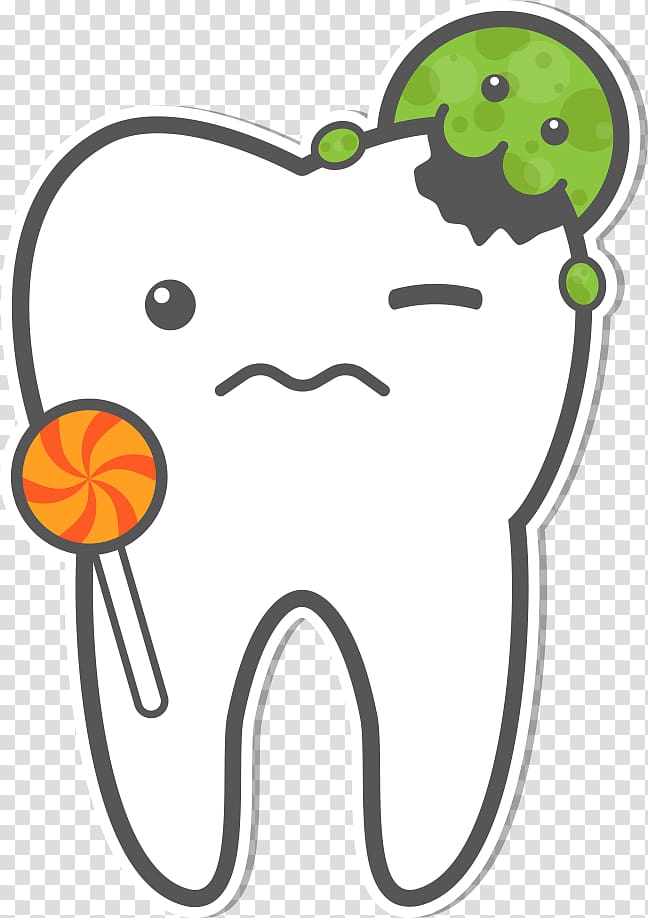Cavities are also known as dental caries. Cavities are a common oral health problem which affect people of all ages. Cavities can lead to tooth decay, pain, and even tooth loss if left untreated. Here are some important things to know about cavities:
1. Causes: Cavities are mainly caused by poor oral hygiene and a diet high in sugary and acidic foods, for example: candy and soda. When we eat these foods, the bacteria in our mouth produce acids which attack the tooth enamel, leading to cavities.
2. Symptoms: In the early stages, cavities may not cause any noticeable symptoms. However, as the decay progresses, you may experience tooth sensitivity, toothache, visible holes and dark spots on the tooth.
3. Prevention: Good oral hygiene is most important for preventing cavities. Brushing your teeth at least twice a day with fluoride toothpaste, flossing daily, and using mouthwash can help remove plaque and prevent cavities from forming on your teeth. Reducing the consumption of sugary and acidic foods can also lower the risk of cavities.
4. Dental Check-ups: Regular dental check-ups are crucial for detecting cavities early on. Dentists can examine your teeth and use X-rays to identify any signs of cavities. Early detection allows for prompt treatment and prevents further damage to the teeth.
5. Treatment: The treatment for cavities depends on the severity of the decay. In the early stages, a dentist may recommend fluoride treatments or dental sealants to remineralize the enamel and prevent further decay. If the cavity has progressed, a dental filling, crown, or root canal may be necessary to restore the tooth.
6. Complications: If cavities are left untreated, this can lead to various complications, such as tooth abscess, infection, and even tooth loss. Severe tooth decay may require more serious and costly dental procedures.
7. Children and Cavities: Children are more likely to have cavities due to their developing teeth and poor oral hygiene habits. It is important to teach children proper brushing and flossing techniques, limit their intake of sugary snacks and drinks, and schedule regular dental check-ups to prevent cavities. They should also be using toothpaste with fluoride two times a day as well as flossing if possible.




